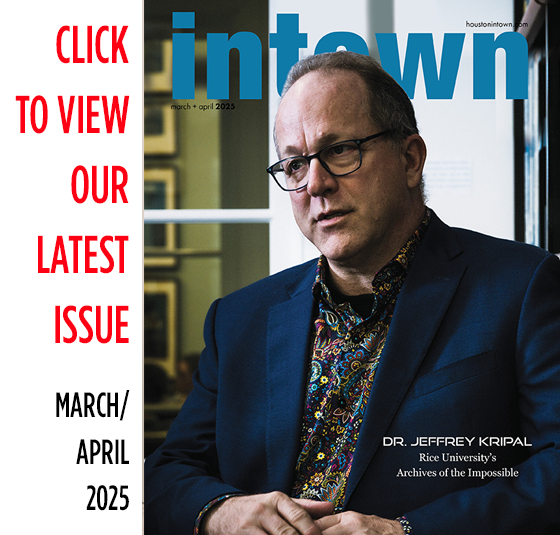
Why do smart people make irrational investment decisions so commonly and so easily? The fascinating study of behavioral economics and decision science fills many books, but let’s look at a few of the ways in which investors’ minds play tricks on them. The Timid Bunny—Worrying Over Risk Why do so many people bank their money in savings accounts, CDs and money markets when they are often actually losing money if measured against inflation and taxes? Some people do it because they are so fearful of risk that they don’t consider that such fixed investments are not risk-free. The interest credited to your account each month is subject to the likelihood of shrinking purchasing power, especially over time. A canoeist struggling to get upstream against current and wind will have the illusion of movement, but he will have to switch to a boat with a motor to make real progress.
The Hoarding Pack Rat—Treasuring What We Own The preference to keep things the way they are is called the “status quo bias.” We tend to fall in love with what we own and stick to the familiar even if we would likely be financially better off with a different investment. We validate our prior choice by sticking with it. What we know feels better than what we don’t know.
The Foolish Sheep—Fearing Loss We are so averse to accepting loss that we will throw good money after bad. This is sometimes called the “sunk cost fallacy” —our inability to let go of money that’s already been spent or lost. We will invest more money on car repairs simply because we’ve already spent so much on the car. Rather than evaluate a losing investment on its cost— Real Illusions: How We Trick Ourselves about Finances intown 25 as we are prone to do—it makes more sense to assess its current potential for loss or gain. If you would not choose to buy that investment today, then why do you make the choice every day to keep your money invested in it? Usually, it is because you are focusing on the past—what you have already spent. But it has no relevance to the future.
The Little Chicken—Focusing on the Negative We feel the pain that comes from loss more acutely than we do the pleasure from an equal or greater gain. If you invest $100,000 in a stock portfolio, and it rises in value to $150,000 but then drops to $130,000, you are more likely to be motivated by the disappointment in your “loss” of $20,000 than the pleasure in your gain of $30,000. You may focus on your phantom loss rather than your available gain. This can lead you to be less willing to sell a profitable stock and buy an undervalued one, even though we have all heard that it makes more sense to buy low and sell high.
The Stubborn Mule—Refusing to Change We frequently decide not to decide, and that inaction can cost serious money. There are so many options out there that we become paralyzed and stay with the familiar. Often this is motivated by fear of short-term regret at making a less-than-perfect decision even though we know that there are no perfect decisions. But, as Mark Twain said, “Twenty years from now, you will be more disappointed by the things you didn’t do than by the things you did do.” By placing more emphasis on what we have already expended than on what could be gained by change, we ignore lost opportunity costs because they don’t seem real. But with your financial security at stake, where you are headed is much more important than where you have been. This material has been prepared for informational purposes only and is not an offer to buy or sell or a solicitation of any offer to buy or sell any security or other financial instrument, or to participate in any trading strategy. The securities/ instruments discussed in this material may not be suitable for all investors. Any particular investment should be analyzed based on its terms and risks as they relate to your specific circumstances and objectives. This is not a research report and was not prepared by the research departments Morgan Stanley & Co. Incorporated or Citigroup Global Markets Inc. It was prepared by Morgan Stanley Smith Barney sales, trading or other non-research personnel. Morgan Stanley Smith Barney makes no representation or warranty with respect to the accuracy or completeness of this material. Morgan Stanley Smith Barney does not render advice on tax or tax-accounting matters. This material was not intended or written to be used, and it cannot be used by any taxpayer, for the purpose of avoiding penalties that may be imposed on the taxpayer under U.S. federal tax laws. Clients should consult with their tax advisors before making any tax-related investment decisions.
Investments and services offered through Morgan Stanley Smith Barney LLC,
member SIPC. Submitted by: Patrick Lesley.
713-968-3017 direct | 713-502-1106 cell, Email: patrick.lesley@mssb.com.
© 2010 Morgan Stanley Smith Barney.























